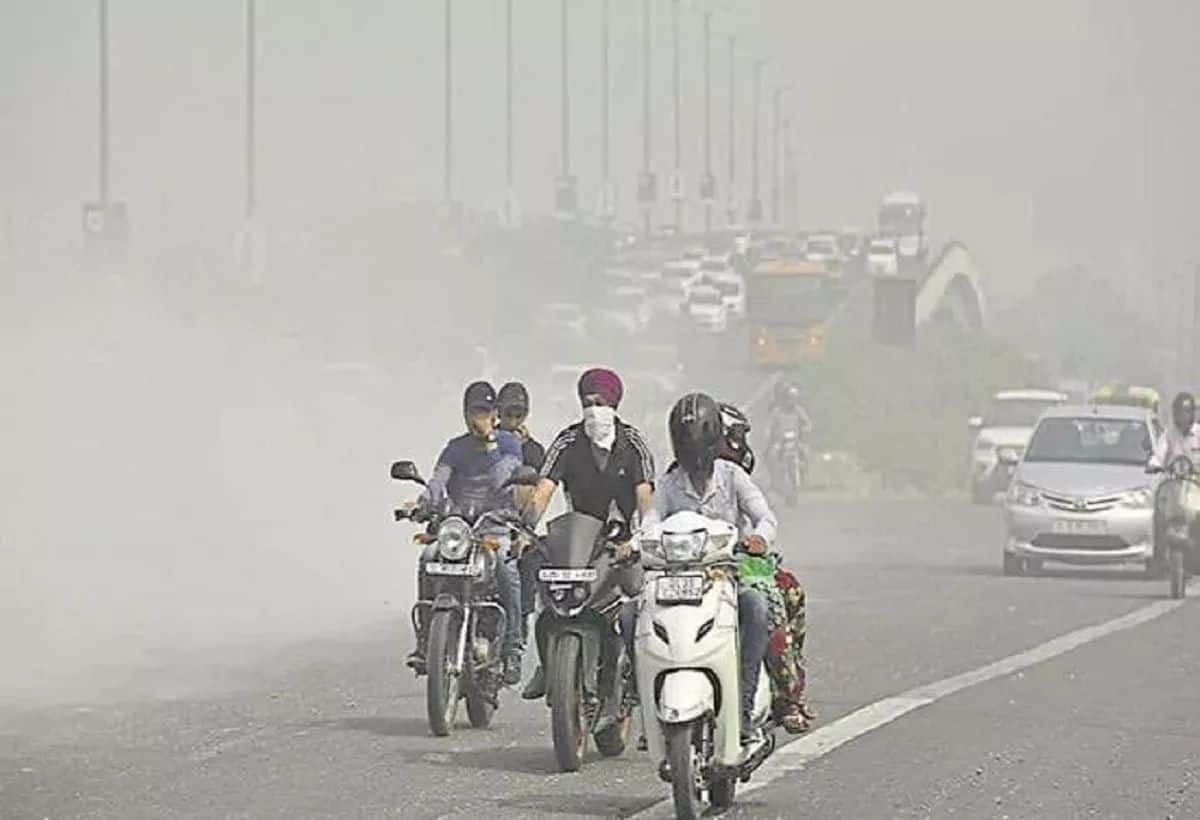As Diwali approaches, air pollution levels in Delhi have escalated significantly. On October 30th, the pollution levels in the capital city reached a ‘very poor’ category, raising serious health concerns among residents. With growing awareness about environmental issues, this year the government has imposed a ban on firecrackers, and strict actions are promised against violators. According to the Central Pollution Control Board (CPCB), the air quality index (AQI) averaged 307 at 4 PM on October 30th, compared to 268 the previous day, highlighting a concerning trend as the festival nears.
Understanding the Air Quality Crisis in Delhi
Air pollution in Delhi is a perennial issue, exacerbated during festivals like Diwali. The use of firecrackers significantly contributes to the deteriorating air quality, intensifying respiratory problems, particularly in vulnerable groups such as children and the elderly. The AQI readings, measured on a scale where higher values indicate worse air quality, have shown alarming spikes year after year during the festive season.
The Impact of Firecrackers on Air Quality
Firecrackers release harmful pollutants into the atmosphere, including particulate matter (PM2.5 and PM10), sulfur dioxide, and nitrogen oxides. These emissions not only decrease air quality but can also lead to severe health issues, including asthma, cardiovascular diseases, and overall reduced life expectancy. The heightened levels of PM2.5, particularly during Diwali, often surpass safe limits, prompting a public health crisis that needs immediate attention.
Government Measures and Public Response
In response to the worsening air quality, the Delhi government has implemented a complete ban on the sale and use of firecrackers. This initiative aims to control pollution levels and protect the health of citizens. The authorities have also warned that strict legal action will be taken against those who violate this ban. Despite these measures, public compliance remains a significant challenge, with traditional practices often taking precedence over health concerns.
Alternatives to Firecrackers
As awareness grows, many communities are shifting towards eco-friendly celebrations that do not compromise public health. Residents are encouraged to explore alternative forms of celebration, such as:
- Participating in community events that promote awareness about air pollution.
- Using safe and environmentally friendly lighting, such as diyas and LED lights.
- Opting for noise-free celebrations that focus on family and togetherness.
Conclusion
With the increase in pollution levels during Diwali, it is imperative for citizens of Delhi to prioritize their health and the environment. By adhering to legal guidelines and participating in responsible celebrations, residents can contribute to a cleaner, healthier city. The ongoing battle against air pollution requires collective action, and this Diwali presents an opportunity to make a significant impact.
